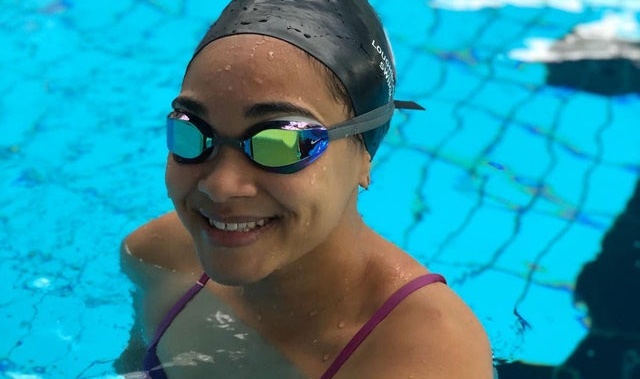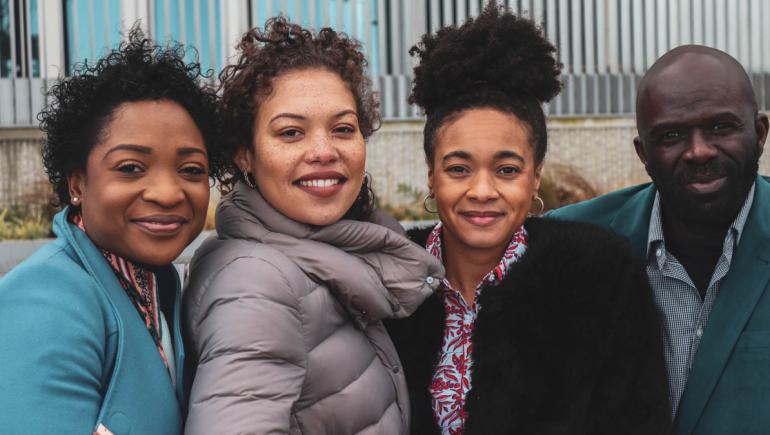Swim England has teamed up with the Black Swimming Association (BSA) in a bid to increase participation amongst people from BAME communities.
The partnership between the two organisations will aim to break down the barriers that prevent Black, Asian and Minority Ethnic individuals and communities from taking part in swimming.
Swim England and the BSA will work together to highlight the importance of swimming as a key life skill and educate the black community on water safety and drowning prevention.
The BSA was formed last year by a group of individuals across all levels of aquatic sports – from adult 'Learn to Swim' sessions all the way to Olympic hopeful Alice Dearing – after recent figures released by Sport England showed that 95% of black adults and 80% of black children in England do not swim.

Mike Hawkes, Swim England Inclusion Officer, said: “We appreciate that there is under-representation in this area and we are taking practical steps to address this inequality.
“By working closely together, we can design projects and programmes that are specifically suited to the unique aquatic needs of (BAME) communities.
“We will be working closely with the BSA to ensure swimming competence is seen as a key life skill as well as a sort that can provide both mental and physical health benefits, safety and enjoyment."
Danielle Obe, co-founder of the BSA, welcomed the new partnership and said she was looking forward to working closely with Swim England to increase the impact of their work.
She said: "We realise that our strength lies in working together to understand, address and overcome significant age-long barriers to swimming that exist within the BME community.
"Only in a collaborative partnership can we foster participation, engagement and inclusion for BMEs in aquatics."
Last November, Swim England also signed a partnership agreement with Sporting Equals to ensure the Swim England Learn to Swim programme and Swim Safe are delivered in appropriate locations and agree ways to engage these audiences.
It also aimed to increase the number of BAME club members, teachers and coaches and ensure that swimming is relevant as a physical activity of choice for the BAME population.
To find out more about the Black Swimming Association, visit thebsa.co.uk or follow @BlackSwimAssoc on Twitter.












